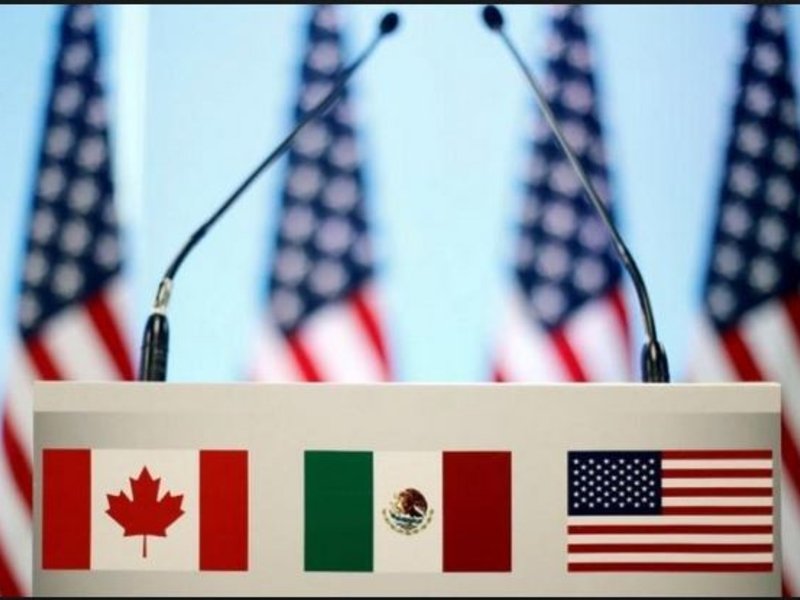
USMCA — the trade deal replacing the North American Free Trade Agreement — will enter into force July 1, the Office of the U.S. Trade Representative said Friday.
U.S. Trade Representative Robert Lighthizer notified Congress that Canada and Mexico “have taken measures necessary to comply with their commitments under the United States-Mexico-Canada Agreement.”
“The crisis and recovery from the COVID-19 pandemic demonstrates that now, more than ever, the United States should strive to increase manufacturing capacity and investment in North America,” Lighthizer said in a statement. “The USMCA’s entry into force is a landmark achievement in that effort.”
The announcement comes after reports last month that the Trump administration was considering a June 1 start date, stirring concern among automakers, parts suppliers and trade groups that said the deadline could disrupt a smooth transition from NAFTA to the new trade deal, especially amid the coronavirus pandemic.
The groups — the American Automotive Policy Council, Here for America, National Automobile Dealers Association, American International Automobile Dealers Association and Motor & Equipment Manufacturers Association — issued a statement March 13 urging the administration to reconsider, citing unanswered questions on how to interpret the new rules, including uniform automotive rules-of-origin regulation.
Mexico’s government, in early April, also had asked the U.S. and Canada for extra time to adjust its supply chains to comply with the new requirements.
New rules under USMCA require 75 percent of auto content for passenger vehicles and light trucks be made in North America, compared with NAFTA’s 62.5 percent. It also establishes a labor content rule requiring 40-45 percent of auto content be made by workers earning at least $16 an hour.